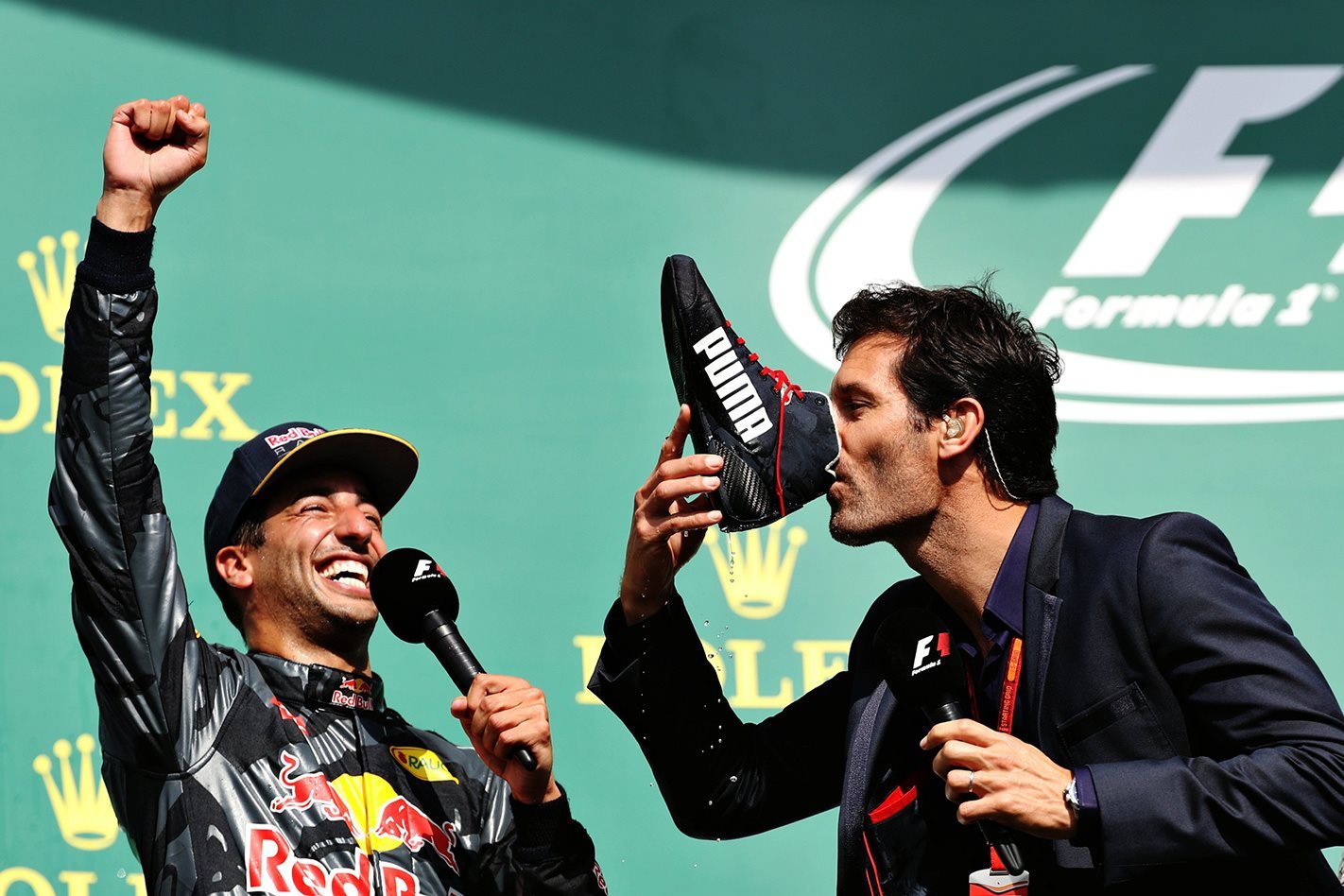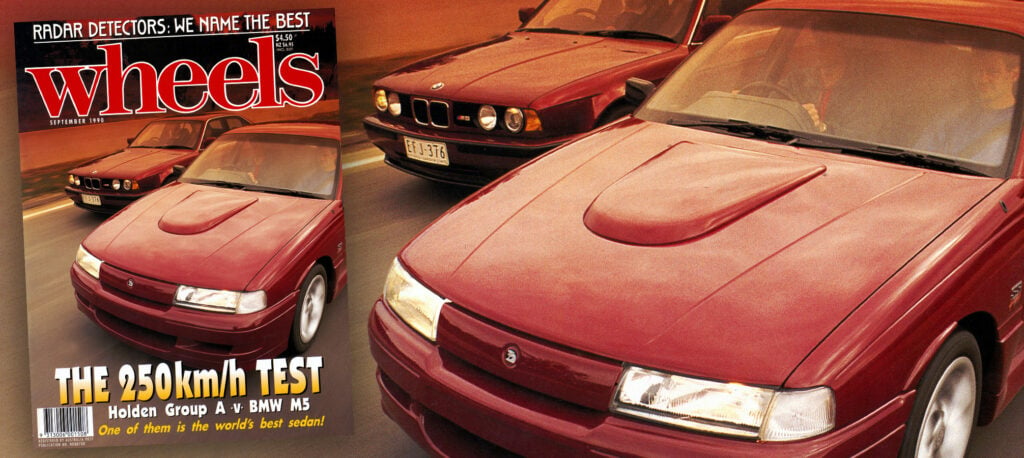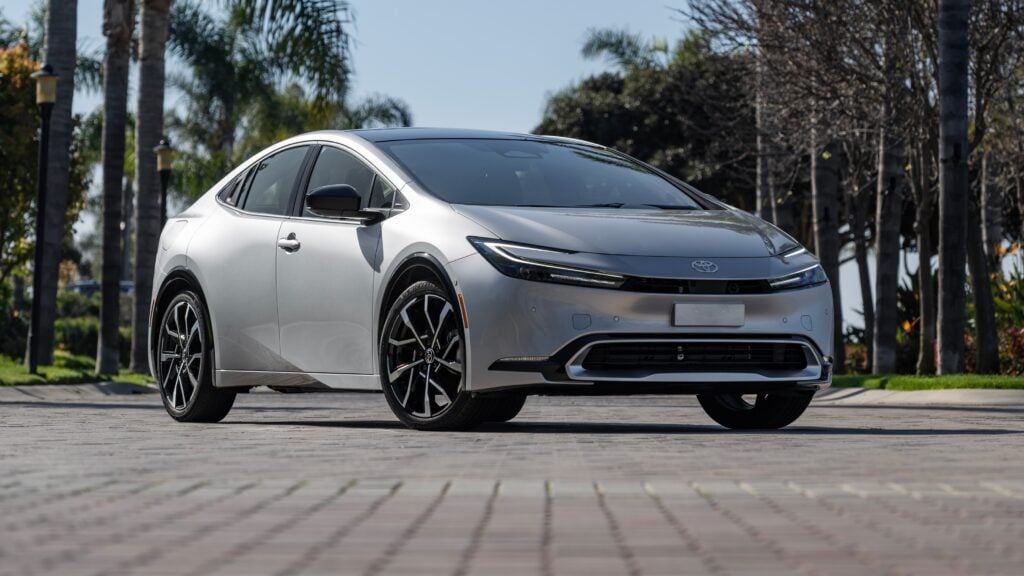Mark Webber doesn’t look back. Once he’d left Formula One, he was over it.
And now that he’s retired from racing all together, he’ll move on without regret. That’s just how Webber is and how he’s always been as a racer – single-minded, brutally honest and pragmatic. So when he decides to quit, that’s it.
There’ll be no comeback, at least not in any serious sense. He’ll drive racing cars again, but not competitively. For Webber, it was all about competing at the highest level.
That’s what drove him and what thrilled him. His view is that once you’ve been to the summit of racing in F1 and Le Mans sports prototypes (LMP1), anything else is underwhelming.
So you won’t see Webber dabbling in GT3, not even in a Porsche with his sometime-racer mate and actor Eric Bana in the Bathurst 12 Hour. His link with Porsche continues post-racing, but not as a guest driver.
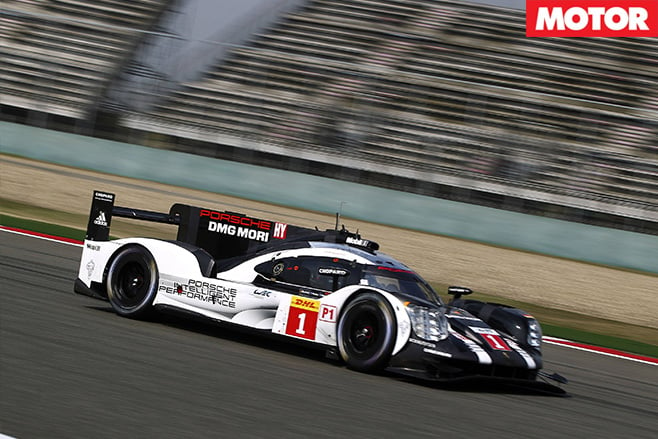
With nine F1 race wins – including twice in the prestigious and testing Monaco Grand Prix – and a world sports-car title, he has nothing to prove, least of all against Supercars specialists. He’s not being a snob, though, because long before he was successful, he had made it clear V8s held no attraction.
Webber isn’t into the mystique of Mount Panorama, either. He raced there back in his formative Formula Ford days and while he respects it, he isn’t in awe. There’s certainly no burning desire to try to conquer The Mountain in something more potent.
He is that cut and dried. He ended his F1 career because he was disillusioned and had a more appealing offer from Porsche to lead its return to big-time sports car racing – simple.
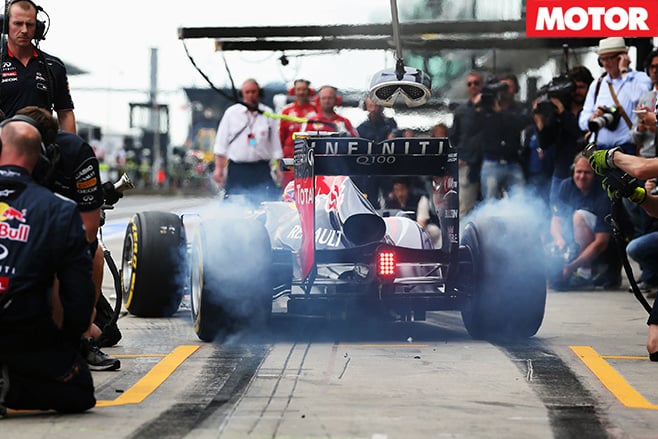
After the Pirelli purgatory of his last three years in F1, forced to nurse deliberately degrading tyres, Webber delighted in the freedom of racing the 1000 horsepower Porsche 919 Hybrid flat-out on high-grip, long-lasting rubber.
However, in his third season, he realised he’d had enough. He reached the clinical conclusion last May that he no longer had the desire to continue at the top level and in October announced he was retiring.
His send-off at the final race of the WEC season was rousing. Rarely has a retiring driver received such a heartfelt farewell. Amid all the emotion and attention, Webber just got on with it and, fittingly, ended his career on the podium.
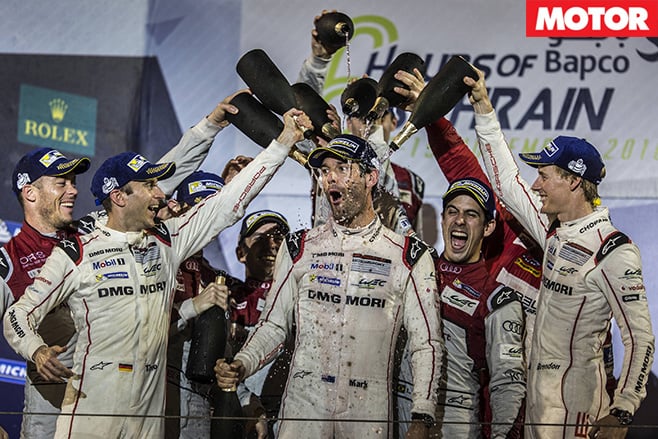
On his best days, Webber could beat anyone. But there weren’t enough of those days to rank him with the likes of Vettel, Fernando Alonso or Lewis Hamilton. He was a great F1 driver, just not among the greatest. However, as a personality and a person, he was one of the very best. The public saw the plain-speaking Aussie who wasn’t afraid to express his views.
Insiders admired a highly principled, uncommonly loyal individual who, as a competitor, upheld traditional values of fair play and sportsmanship.
An old-fashioned description sums up Webber best. He is fair dinkum.

